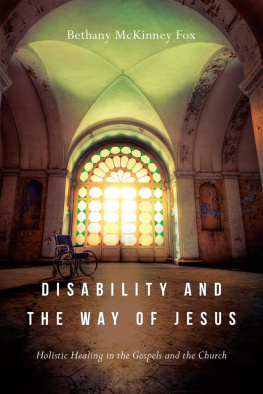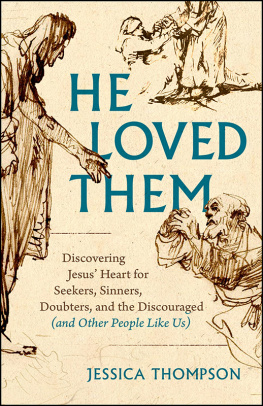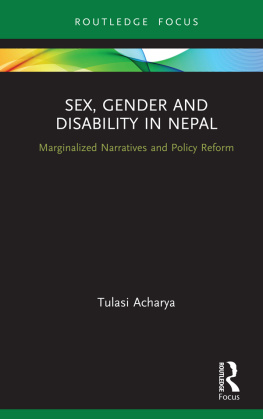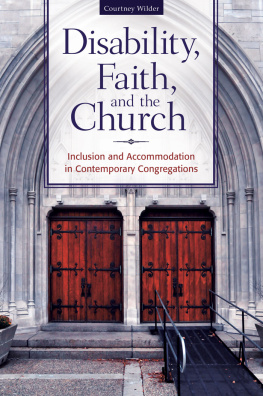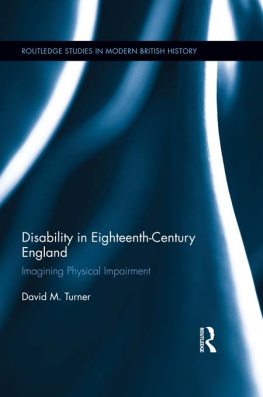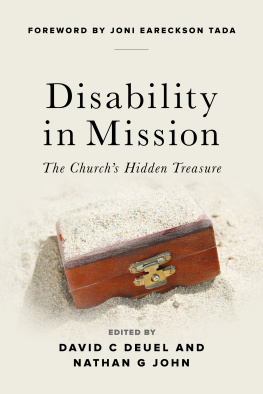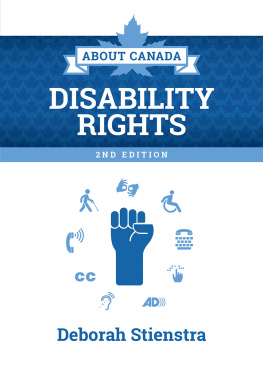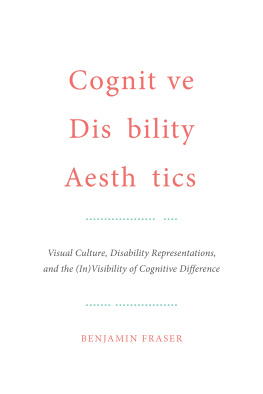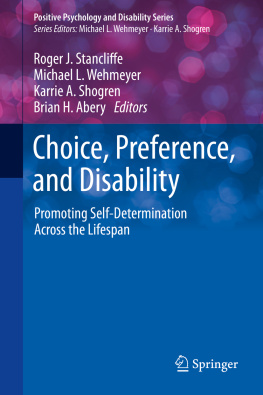THE ISSUES AROUND HEALING, particularly in relation to the lives of people living with disabilities is, at times, difficult and more than a little fraught. I always remember the experience of a friend of mine, Monica, who has severe cerebral palsy that affects her speech and her mobility. She is someone who loves Jesus deeply. A few years ago she went to a healing service in my home town of Aberdeen in Scotland. At one point she went forward for healing. She had been experiencing really debilitating back pains for a number of weeks and wanted to ask God to alleviate her condition. She went forward. However, before she had time to explain her back issue, the pastor began to pray for the release of the demons that had caused her to become a cripple and that had taken her speech from her. Needless to say she left: angry, upset, alienated, and humiliated. The pastors spiritual diagnosis of her situation had broken the body of Christ and left her alone, at least within that company.
One of the real problems with our understanding of the healing ministry is that most of us inside and outside of the church do not realize how shaped and formed we are by particular expectations that come to us via a particular understanding of medicine. It is almost impossible for Western people to think about health without first thinking about medicine. This, I suspect, indicates the ideological power of medicine that blinds us to some important aspects of health and healing. Most of the healing that goes on within our communities is not done within the medical realm but relates to our families, our friends, and those who care and tend for us on a daily basis.
The problem for the pastor, like many of us, is that he was working with a model of health defined as the absence of illness, disease, and disability. He also holds an unfortunate belief that equates disability (and probably all illness) to the demonic, something that Bethany pushes hard against in this book. Connection. If health is understood as the absence of illness and healing as the means to that end, the practices of health care and the practices of healing will inevitably be shaped and formed by that assumption. Within such an understanding, healing means identifying a broken or damaged aspect of the person before you and using your medical or/and spiritual gifts to eradicate that black spot. A good deal of Christian healing implicitly and explicitly runs along these lines. Monicas experience makes the point in terms of the assumptions that lie behind certain approaches to healing that are underpinned by a model of health as the absence of illness, disease, or difference. There are, however, other ways in which we can think about health and healing even within the healing ministry of Jesus.
It is interesting to note that the Bible has no equivalent word to health as we might understand it within a contemporary biomedical context. The closest word is shalom. The Hebrew term lm occurs 250 times in the Hebrew Bible. The basic meaning of the word shalom is peace. However, the type of peace that is expressed in the concept of shalom is radical and vital in terms of understanding health and healing. Shalom has specific theological meaning and intention. The root meaning of the word shalom is wholeness, completeness, and well-being. Shalom is therefore considerably more than the absence of conflict. It has in essence to do with the quality of a persons life and quality of their relationships with God, with one another, and with the rest of creation. Shalom is not the absence of illness, disease, or disability. It has to do with the presence of God. If this is the case, then healing has not solely to do with the eradication of broken bits in peoples bodies or lives. Healing always has first and foremost to do with connecting and reconnecting people to God.
This takes us to the second point. Healing was clearly very important for Jesus. But not necessarily in the ways we might assume. If we take our highly medicalized worldview and use it to read back meaning into second century Mediterranean culture, we risk seeing Jesus in terms of a doctor who encounters broken bits and fixes them. However, if we read the Gospels theologically, from the perspective of shalomwhich is presumably the way that Jesus as a Jew would thinksomething interesting emerges. If health is shalom, then Jesus healings were not simply intended as compassionate acts (although clearly, they were that). Rather, they were statements about him and ways of authenticating Gods redemptive movement through the incarnation. Take for example Jesus encounter in Matthew 9:4-6 with a paralyzed man:
But Jesus, perceiving their thoughts, said, Why do you think evil in your hearts? For which is easier, to say, Your sins are forgiven, or to say, Stand up and walk? But so that you may know that the Son of Man has authority on earth to forgive sinshe then said to the paralyticStand up, take your bed and go to your home.
We may assume the point of the miracle is the healing. However, could it not be that the point of the healing is the revelation of Jesus? Who can forgive sins? Only God can forgive sins. Jesus is God. When Jesus heals the leper in Matthews Gospel he sends him back to the temple to testify to what he has seen (Mt 8:1-4). The point of the miracle is to testify to Jesus as the one who has come to redeem us. If we allow ourselves to look beyond that which is apparently obvious, toward that which is theological and christological, the miracles take on a different shape and intention. There is no question that God heals miraculously and that God can do this to whomsoever God wants to. But the point of the miracles is to reveal Jesus for who he was, is, and will be.
Perhaps if the pastor had taken time to get to know Monica and to understand that she lived a peaceful shalomic life with Jesus, within which her apparent impairments were not a problem for her, he might have been able to use whatever gifts of healing he may have had in a way that was faithful and peaceful. In so doing he would have been able to reveal something truthful about Jesus.
Health and healing are much more interesting and complex than we might assume. In this book Bethany pushes into these complex issues of health and healing as they relate to disability. Sensitively and in a deeply practical and theological way she opens up new space for fresh understandings of what it means to be a human being before a God who is shalom (Judges 6:24); a God who loves people just as they are and who longs for all of us together to live faithfully within a kingdom where shalom can be seen, touched, and felt. I believe this book will make a difference.

